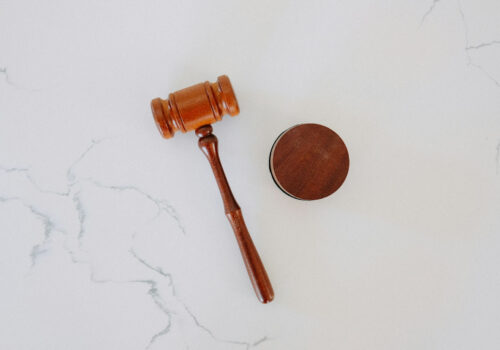Ethics in Healthcare: The Vital Contributions of Medical Device Whistleblowers
Importance of Ethical Practices in Healthcare
In today’s rapidly evolving healthcare landscape, ethical practices play a critical role in ensuring patient safety, maintaining public trust, and upholding the integrity of the industry.
Healthcare organizations have a responsibility to prioritize ethical conduct at all levels, from medical professionals to regulatory bodies. One area that deserves particular attention is the role of whistleblowers in exposing wrongdoing and promoting transparency.
In this article, we will delve into the significance of ethical practices in healthcare, with a focus on the crucial role of medical device whistleblowers.
Understanding Medical Device Whistleblowing
Investigating the Role of Whistleblowers in Healthcare
Medical device whistleblowing refers to the act of individuals within the healthcare industry reporting unethical or illegal practices related to medical devices.
These individuals, often insiders or former employees, have firsthand knowledge of fraudulent activities, safety violations, or other forms of misconduct.
By speaking out, whistleblowers serve as catalysts for change, bringing attention to issues that may otherwise remain hidden.
The Challenges Faced by Medical Device Whistleblowers
Shining a Light on the Obstacles Faced by Whistleblowers
While medical device whistleblowers play a vital role in exposing wrongdoing, they often face significant challenges.
Whistleblowers may encounter retaliation, including termination, blacklisting, or reputation damage. The fear of reprisal can discourage potential whistleblowers from coming forward, hindering the detection and prevention of unethical practices.
Additionally, navigating complex legal frameworks and dealing with potential financial burdens can be daunting for those considering blowing the whistle.
The Impact of Whistleblower Disclosures
Examining the Far-Reaching Effects of Whistleblower Actions
Despite the challenges they face, whistleblower disclosures can have far-reaching effects on both individual cases and the healthcare industry as a whole.
Whistleblower reports can lead to investigations, resulting in legal action against wrongdoers. This not only holds individuals and organizations accountable but also acts as a deterrent for future misconduct.
Moreover, whistleblowers shed light on systemic issues, prompting regulatory changes and improved safety standards.
Legal Protections for Whistleblowers
Safeguarding Whistleblowers’ Rights and Encouraging Reporting
Recognizing the importance of whistleblowing in healthcare, legal protections have been put in place to safeguard the rights of whistleblowers.
Whistleblower protection laws provide safeguards against retaliation and offer incentives for reporting misconduct.
These protections encourage individuals with knowledge of unethical practices to come forward, ensuring that wrongdoing is addressed and prevented.
The Ethical Imperative for Healthcare Organizations
Promoting a Culture of Ethics and Accountability
Beyond legal obligations, healthcare organizations have an ethical imperative to foster a culture of ethics and accountability.
This involves creating an environment where employees are encouraged to report concerns without fear of retaliation.
By establishing robust whistleblower policies, providing training on ethical conduct, and promoting transparency, healthcare organizations can demonstrate their commitment to ethical practices and safeguard the well-being of patients.
Conclusion
The Power of Medical Device Whistleblowers in Upholding Ethics
Medical device whistleblowers play a pivotal role in exposing unethical practices, ensuring patient safety, and upholding the integrity of the healthcare industry.
Their bravery and willingness to speak out against wrongdoing have far-reaching effects, leading to investigations, legal actions, and systemic improvements.
It is crucial for healthcare organizations and regulatory bodies to recognize the value of whistleblowers and take proactive steps to protect and support them. By doing so, we can create a healthcare system built on trust, transparency, and ethical practices.
Support Ethical Practices in Healthcare Today!
As individuals, we can all contribute to promoting ethical practices in healthcare.
By speaking out against wrongdoing, supporting whistleblowers, and advocating for transparent and accountable healthcare systems, we can help ensure the well-being and safety of patients.
Let us join hands in supporting ethical practices and creating a healthcare industry that we can all trust.





